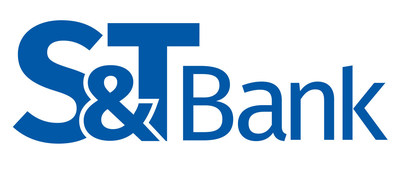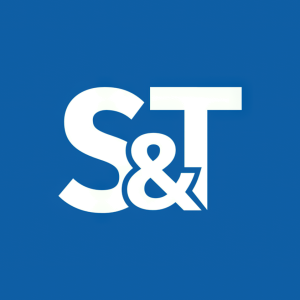S&T BANK ANNOUNCES ELIMINATION OF NON-SUFFICIENT FUNDS FEES
S&T Bank (NASDAQ: STBA) has announced the elimination of non-sufficient funds (NSF) fees for consumer and business deposit account customers, effective April 3, 2023. Additionally, the bank is introducing the S&T $10 Cushion™, which waives overdraft fees for accounts overdrawn by $10 or less. S&T Bank will also eliminate various fees associated with ACH return items, deposited return items, and transferring funds to cover overdrawn accounts. These changes reflect the bank's commitment to enhancing customer financial wellness and building trust in financial relationships.
- Elimination of NSF fees enhances customer relationships.
- Introduction of S&T $10 Cushion™ provides additional overdraft assistance.
- Removal of ACH return item fees and other transaction fees further supports customers.
- None.
Insights
Analyzing...
An NSF fee, sometimes referred to as a returned item fee, was previously charged when a check, recurring debit card payment or automatic payment was presented against a customer's account with insufficient funds available and was returned by the bank unpaid.
S&T is also pleased to introduce S&T
"This is an important moment," stated
In addition to these changes, S&T announced it will eliminate ACH return item fees, deposited return item fees and transfer fees when money is moved from a savings account or line of credit to cover transactions that overdraw an account.
"As a people-forward bank, we are committed to providing clarity and transparency with our bank products and solutions to further enhance the financial relationship we have with our customers," said
To learn more about these changes, please visit stbank.com/overdraft-solutions.
Follow us on Facebook, Instagram and LinkedIn.
![]() View original content to download multimedia:https://www.prnewswire.com/news-releases/st-bank-announces-elimination-of-non-sufficient-funds-fees-301758147.html
View original content to download multimedia:https://www.prnewswire.com/news-releases/st-bank-announces-elimination-of-non-sufficient-funds-fees-301758147.html
SOURCE








